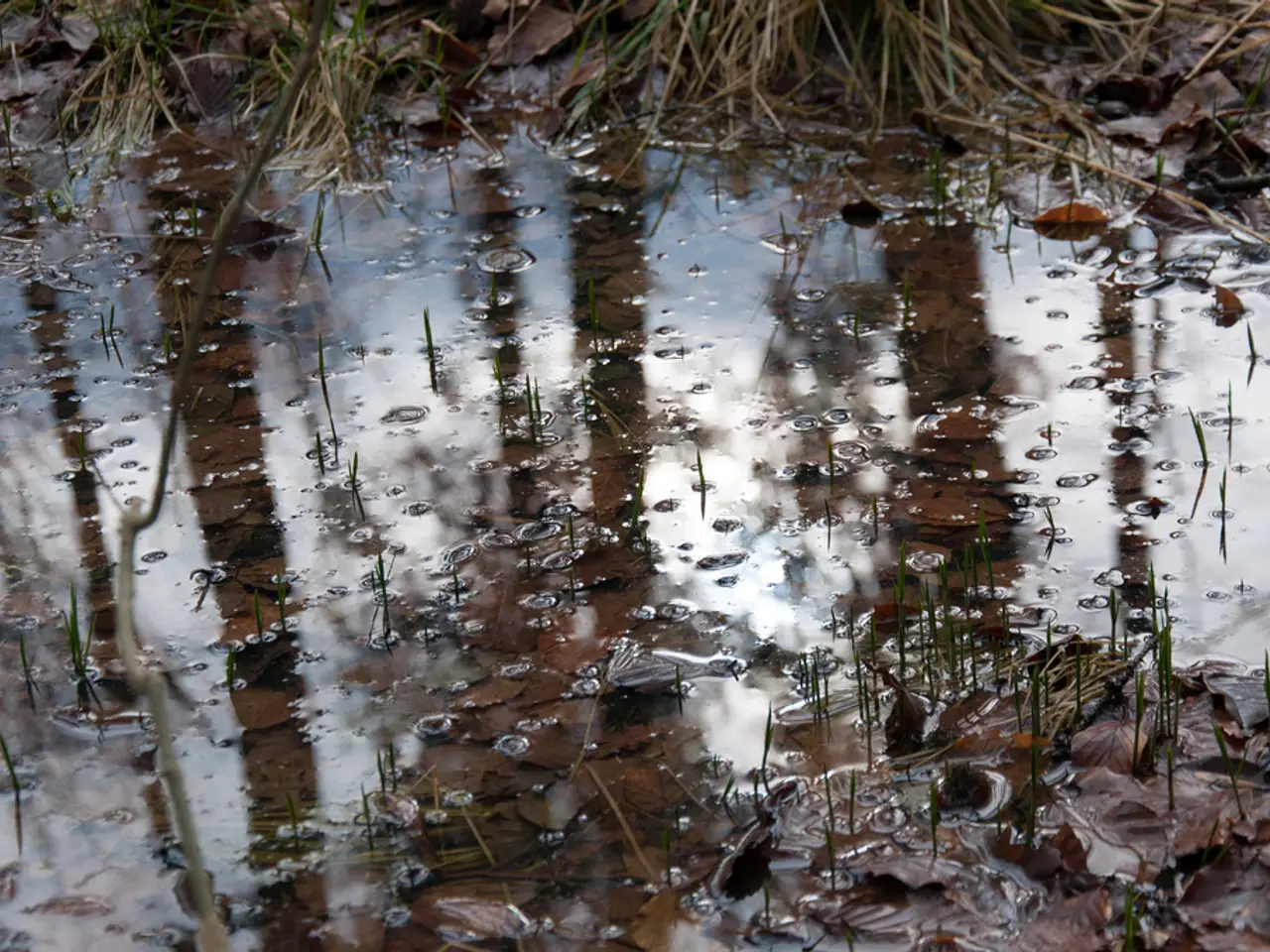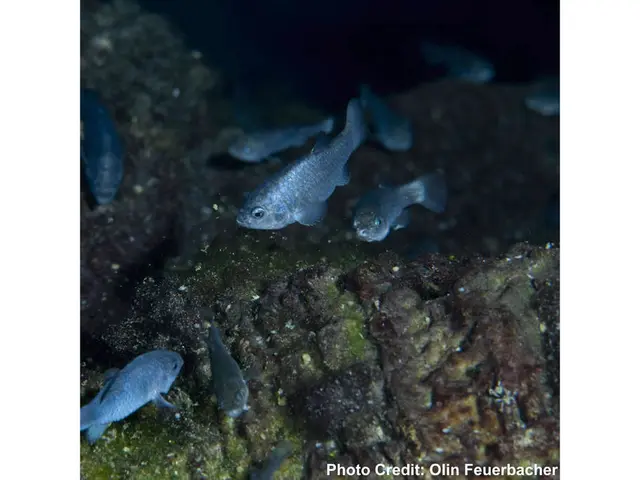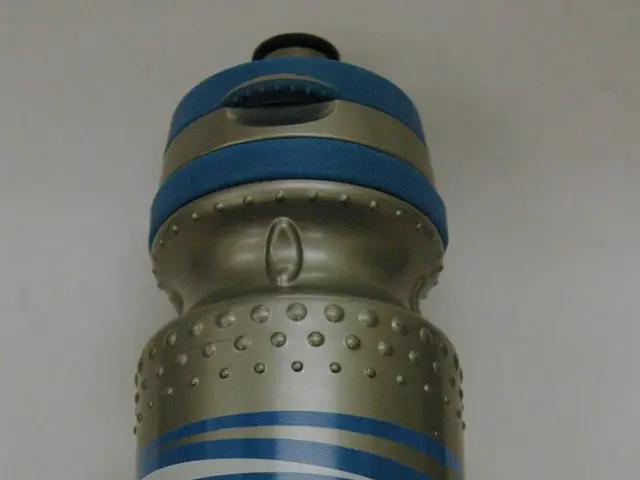Cyprus is racing against time to ensure a steady water supply next summer by installing three new desalination plants.
News Article: Cyprus to Install Three Temporary Desalination Units
The Water Development Department of Cyprus has announced plans to install three temporary tractor supply units across the island, with the aim of addressing potential water shortages and ensuring security of supply. The units, each with a capacity of 10,000 m3/day, are expected to be operational no later than May 2026.
The upcoming temporary units are slated for key sites, including the Port of Limassol, the Garyllis area in Limassol, Paphos (specifically Kissonerga and Peyia), and Moni, Limassol. In Moni, a temporary unit with a capacity of 15,000 m3/day is already in operation.
These mobile or modular plants are designed for short- to medium-term operation, typically lasting 3-5 years. While the cost per cubic meter for the temporary units will be higher compared to permanent facilities, the government considers the higher cost as a "price of security" to avoid another water crisis.
Part of the funding for the project is expected to come from EU resources. The Water Development Department will be launching three tenders on October 15, 2025, for the installation, operation, and maintenance of the temporary units. The cost of the new tenders, including construction and five-year operating expenses, will be announced on the same date.
Contractors will be compensated based on the volume of water delivered to the Water Development Department. The total daily capacity of the three units will be 30,000 cubic meters, which, when combined with the output from the two permanent plants (Larnaca Desalination Plant and Dhekelia Desalination Plant), will cover around 70% of Cyprus' potable water needs.
In the past, temporary units have been deployed to address severe droughts, often sourced through international partnerships. The units require minimal infrastructure, such as pipelines, pumping stations, storage tanks, and connections to the network.
The government's decision to invest in temporary desalination units follows a period of prolonged drought and increasing water demand. The units are being planned for tourist areas in Paphos, specifically Kissonerga and Peyia, to ensure a steady supply of water during peak tourist seasons.
A temporary unit in the Garyllis area of Limassol is expected to be operational by December 2025, providing a much-needed boost to the region's water supply. The installation of these units is a proactive measure aimed at safeguarding Cyprus' water security and ensuring a sustainable water supply for its citizens and visitors.
Read also:
- Two farmers in Zambia take legal action against two firms with Chinese connections, alleging an ecological disaster caused by their operations.
- Deepening EU-India relations despite apprehensions regarding Moscow connections
- Ongoing Transition Towards Cleanliness
- "Revival of 'Zombie' Power Plant Proposal in Massachusetts"







